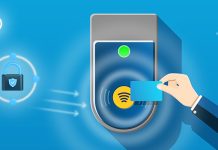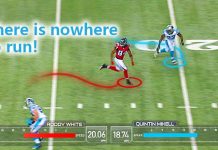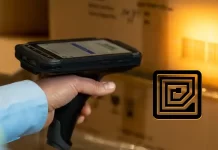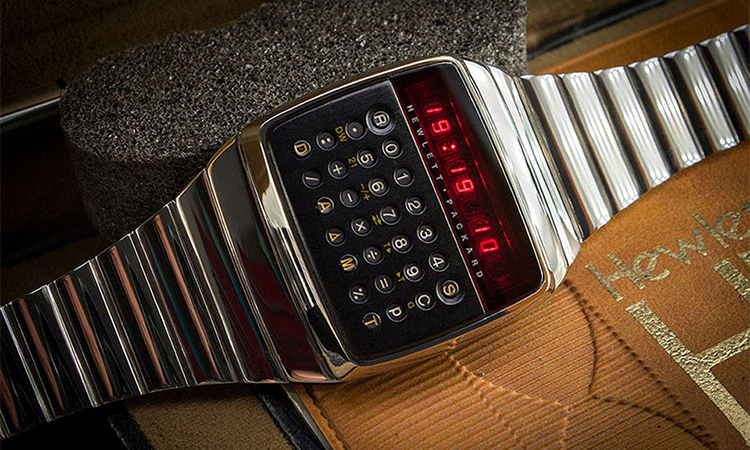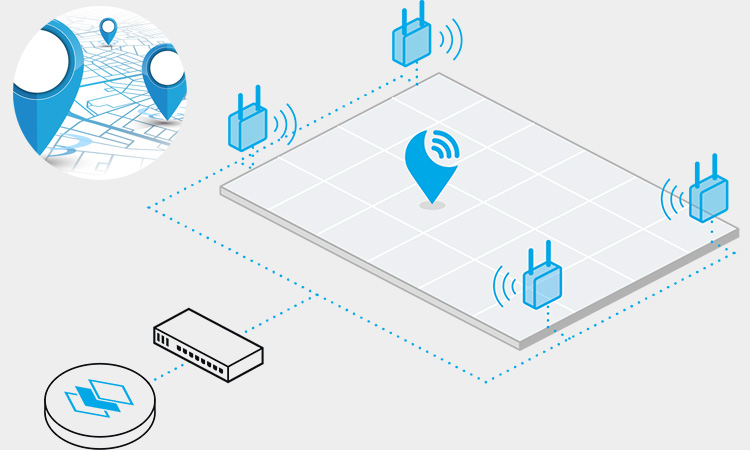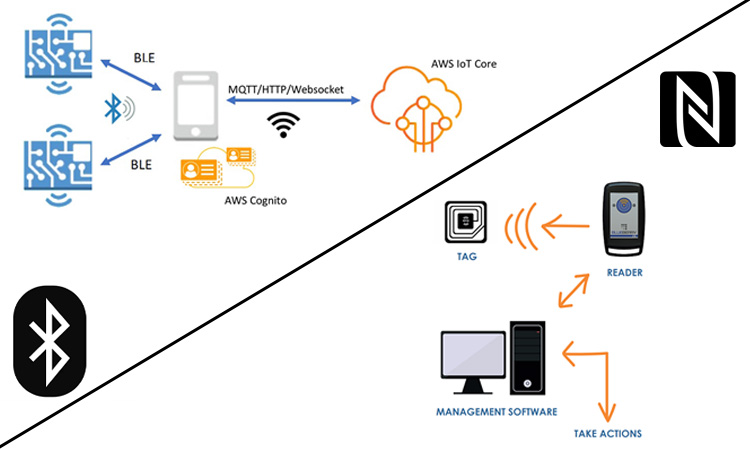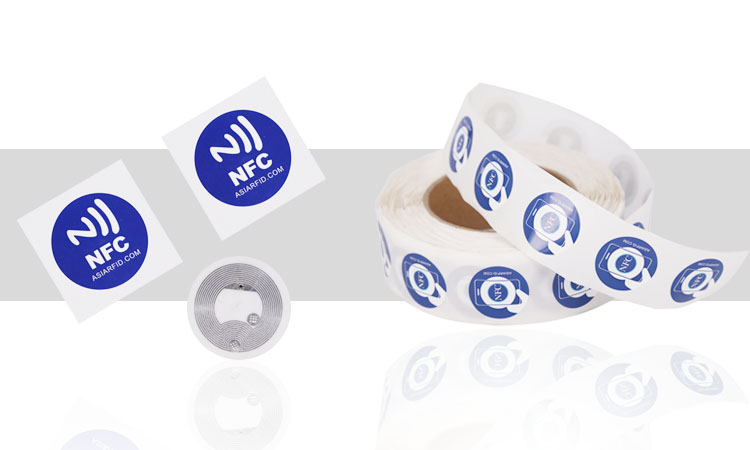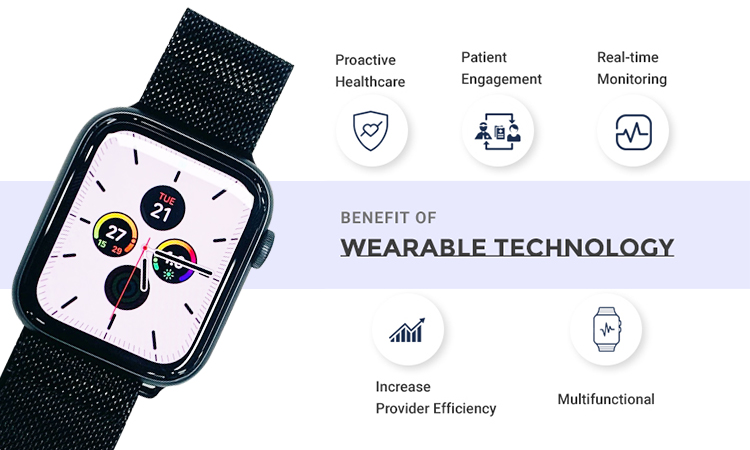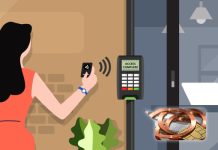The application of RFID in healthcare industry has led to a significant reduction in the incidence of medical errors. It has also played a good role in hospital management. RFID in healthcare industry can be used in many ways. It can adequately track, identify and track patients. It can also track assets and effectively prevent accidents such as shortages and loss of medical supplies. However, like any technology, RFID has its own set of pros and cons that need to be carefully considered before implementation.
What is RFID Technology?
RFID technology comprises three main components: RFID tags, RFID readers, and a backend system. RFID tags, also known as transponders, are small devices with unique identifiers that can be attached to objects or embedded in items such as wristbands or medication containers. RFID readers use radio waves to communicate with the tags and capture the transmitted data. The backend system processes and analyzes the collected data, providing valuable insights for healthcare organizations.
Benefits of RFID in Healthcare
Medical errors have a tremendous impact on public health. It has occupied third place on the list of deaths in the United States. According to survey statistics, at least more than 40,000 or even as high as 100,000 people will die every year. The cause of death is often a preventable medical error.
Hospitals need to create a safer healthcare system to prevent medical errors. Studies have found that RFID technology can help reduce medical errors and improve patient safety. At the same time, it can also serve as a solution/prevention solution to overcome the problem of counterfeit drugs in the black market. RFID is probably the best choice. It has several benefits in the healthcare industry.
- Improved Accuracy and Efficiency: RFID allows for real-time tracking of medical equipment and supplies, reducing the risk of inventory errors and stockouts. It also enables automated data capture and reduces manual data entry, saving time and improving workflow efficiency. RFID can even increase the accuracy of patient tracking and monitoring.
- Enhanced Patient Safety: RFID can help prevent medication errors and ensure accurate dosing. It provides real-time patient location and status updates, improves patient identification, and reduces the risk of misidentification. RFID also allows for quick and accurate access to patient medical records.
- Streamlined Patient Tracking and Monitoring: RFID wristbands can track patient movement and location, providing real-time monitoring of vital signs and other health indicators. This enables remote monitoring and improves patient outcomes, enhancing the quality of patient care and improving patient satisfaction.
- More Effective Inventory Management: RFID tags can be attached to medical equipment and supplies for tracking, improving inventory accuracy, and reducing losses due to theft or misplacement. RFID also provides real-time data on inventory levels and usage patterns, allowing for more effective procurement and supply chain management.
- Reduced Costs: RFID systems can help reduce labor costs and improve staff productivity. They enable more efficient use of medical equipment and supplies, reducing the risk of medication errors and associated costs. By improving patient outcomes and reducing healthcare costs overall, RFID technology can provide significant financial benefits.
Cons of RFID in Healthcare
While RFID technology offers many benefits for healthcare organizations, there are also some potential drawbacks to consider, including:
- Security and Privacy Concerns: RFID systems can pose a security risk if not properly secured. The use of RFID tags and readers in healthcare settings raises concerns about the potential for hacking and data breaches, as well as the privacy of patient information.
- High Initial Cost: Implementing RFID systems can be expensive, requiring investment in hardware, software, and training. This cost can be a significant barrier for smaller healthcare organizations.
- Need for Ongoing Maintenance and Upgrades: RFID systems require ongoing maintenance and upgrades to ensure optimal performance, which can be time-consuming and costly.
- Potential for Technical Issues and Malfunctions: RFID systems can be vulnerable to technical problems, such as reader malfunctions or tag errors, resulting in delays and disruptions to patient care.
- Resistance to Change from Staff and Patients: Introducing a new technology like RFID can be met with resistance from staff and patients, who may be reluctant to adopt new processes or technologies.
- Standardization and Interoperability: There is a need for standardization and interoperability of RFID systems across different healthcare settings to ensure their effectiveness and reduce potential complications.
- Potential for Discrimination: There are concerns about the potential for RFID to be used to track and monitor individuals without their consent, leading to discrimination against certain groups of patients.
Applications of RFID in Healthcare
Hospitals Use RFID for Patient Tracking
Incorporating RFID technology into wristbands. Each patient admitted to the hospital will have their information recorded. And entered into an RFID wristband by a dedicated person before admission. Patients will be given an RFID wristband with their personal information at admission. This will carry all the patient’s data, including name, age, case history, etc.
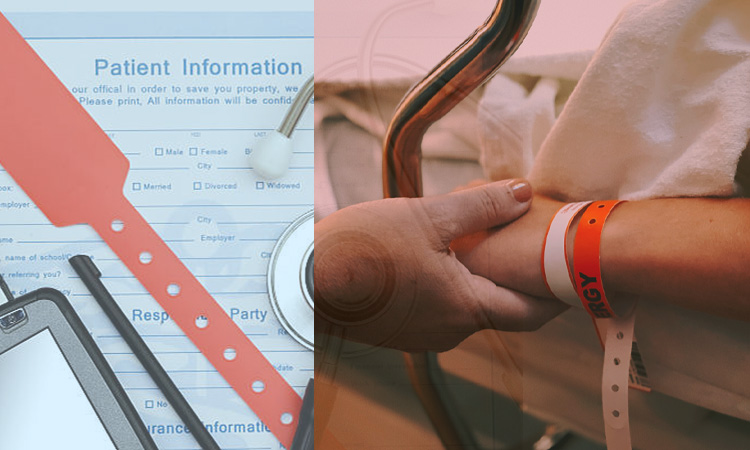
All medical procedures during the patient’s hospitalization, such as medication and surgery. It will be recorded. During treatment, the doctor can also read the patient’s information. And enter the treatment plan used according to the reader.
In 2015, Wayne HealthCare purchased an RFID patient tracking system in Ohio, USA.
In 2018, a medical center in the Platte area deployed Stanley Healthcare’s real-time location system. And adopted Hugs infant safety technology during the same period. This major initiative has dramatically improved the safety of newborn babies. Each newborn baby is given an RFID-tagged band around the ankle, and the new mother is given a matching wristband. The system alerts the on-call nurse when a newborn baby’s RFID labels are cut or tampered with. If the baby is brought within 5 feet of the exit, the system will sound an alarm and automatically lock the door.
RFID Helps Hospitals Track Medical Devices
For hospitals, patient safety comes first, and asset safety comes second. Statistically, nurses spend about 6,000 hours per month looking for equipment. RFID can be used for asset tracking. It can track various hospital equipment, including wheelchairs and other larger hospital property. RFID tags can effectively track assets and other items even when network connectivity is unavailable.
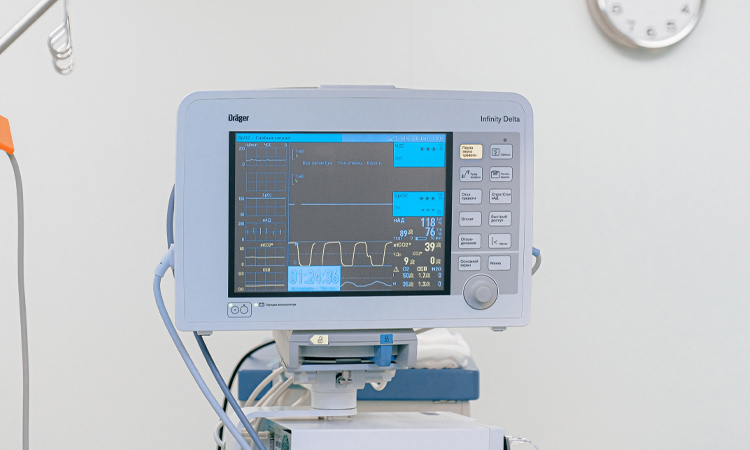
The RFID connected to the hospital network automatically alerts in specific situations. It will alert the on-call staff if the recovery room is about to be complete. It will also track in real-time to alert housekeepers that the operating room needs to be cleaned.
It also supports real-time data management. It can effectively prevent inventory loss or theft from occurring.
Better Inventory Management for Hospitals
RFID can provide better inventory management for hospitals. It can give you an overview of the entire hospital’s asset inventory, location, and more. From the smallest to how many of a particular medical item is available. The hospital can know even the amount of a particular medical item, the last user, and the location.
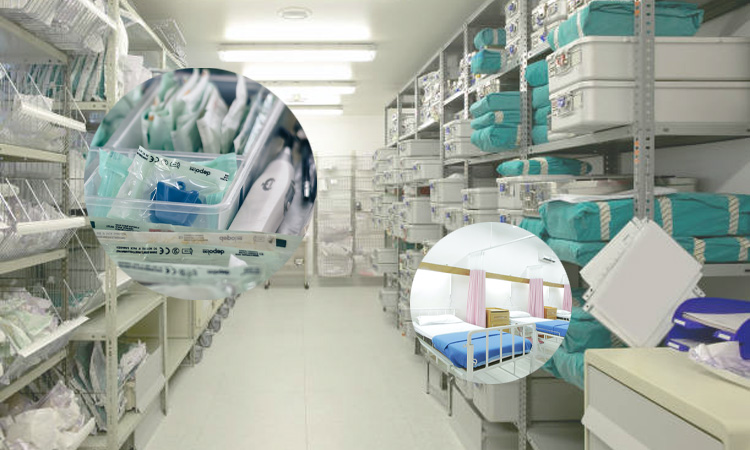
Surgical supplies and medications are every hospital’s most critical and consumed items. Hospitals must know the expiration dates of these items as well as inventory information. Let’s say a patient is missing or out of date medications at the most critical time of their treatment. This would result in a significant medical error. Every once in a while, we see news on TV about medical facilities being closed down and doctors having their licenses revoked. Most of them are caused by not updating the stock in time.
Hospitals around the world incur a large annual expense to replenish equipment. In the United States, nearly $4,000 is spent yearly on lost or stolen medical equipment.
Medication Verification
RFID provides automated medication verification for inpatient doses. It can automatically generate corresponding medication evidence. It can conduct audits for possible medical disputes in the future. A critical part of healthcare is medication, the most complex and error-prone treatment. The equipment for storing medicines is equipped with RFID tags and sensing devices. It can control the specific situation of medicines in real time. Thereby reducing the use of expired drugs, counterfeit drugs, and other incidences.

According to 2018 statistics, the revenue of the drug tracking sector is even as high as $778.88 million, in which RFID plays a vital role. RFID technology in healthcare helps to screen and detect counterfeit medicines. This dramatically avoids the distribution of counterfeit drugs in the market.
In April 2009, the American Journal of Gastroenterology published an article. The name is ‘A Quality Initiative to Decrease Pathology Specimen-Labeling Errors Using Radiofrequency Identification in a High-Volume Endoscopy Center.’ This study shows that labeling errors occur to a greater or lesser extent at each different period. Most of them are caused by incorrect patient labels or the absence of labels on the specimen bottles. The application of RFID to specimen bottles has resulted in a significant reduction in the incidence of errors.
Potential Applications of RFID in Healthcare
RFID technology can have a variety of applications in the healthcare field. In addition to patient and asset tracking, RFID can improve efficiency in the operating room. For example, you can use RFID to identify surgical instruments quickly. You can use RFID tags to monitor the temperature and humidity in the operating room. It allows these medical devices to be maintained in optimal condition during surgery.
The use of RFID in healthcare is becoming increasingly common. Many medical device manufacturers and other life science companies have adopted RFID technology. RFID technology is critical to the Healthcare Industry. It can better assist medical staff in providing a high-quality medical environment for patients. Of course, RFID also has a highly prominent presence in other industries.
Related Articles:
About RFID in Healthcare Problem
-
What are the benefits of using RFID Technology in Hospitals?
The benefits of using RFID in hospital include increased efficiency and productivity, improved patient safety, and reduced costs. RFID can help healthcare organizations to more accurately track and manage medical equipment and supplies, reduce errors in medication administration, and improve patient care.
-
How is RFID used in patient tracking and monitoring?
RFID can track and monitor patients in hospitals and other healthcare settings. For example, RFID wristbands can track patient movement and location, monitor vital signs, and provide access to medical records.
-
How is RFID used in inventory management in healthcare?
RFID can be used to track and manage inventory in healthcare settings. RFID tags can be attached to medical equipment and supplies to track their location, usage, and expiration dates. This can help healthcare organizations reduce waste and ensure they always have the necessary supplies.
-
What are the security and privacy implications of using RFID in healthcare?
RFID in healthcare raises concerns about the security and privacy of patient information. Healthcare organizations must take steps to ensure that RFID systems are secure and that patient data is protected.
-
How is RFID used in medication management and administration?
RFID can be used to improve medication management and administration in healthcare settings. RFID tags can be attached to medication containers to track their usage and ensure patients receive the correct medication at the correct time.
-
How is RFID used in asset tracking and management in healthcare?
RFID can track and manage medical equipment and assets in healthcare settings. RFID tags can be attached to equipment and supplies to track their location and usage and ensure they are properly maintained and serviced.
-
How do healthcare organizations choose the right RFID solution for their needs?
Healthcare organizations must consider factors such as the size of their facility, the types of equipment and supplies they need to track, and their budget when choosing an RFID solution. They should also consider the features and capabilities of different RFID systems to ensure that they meet their needs.
-
What are some examples of successful RFID implementations in healthcare?
Successful RFID implementations in healthcare include the use of RFID wristbands for patient tracking and monitoring, the use of RFID tags for medication management and administration, and the use of RFID in inventory management and asset tracking.


